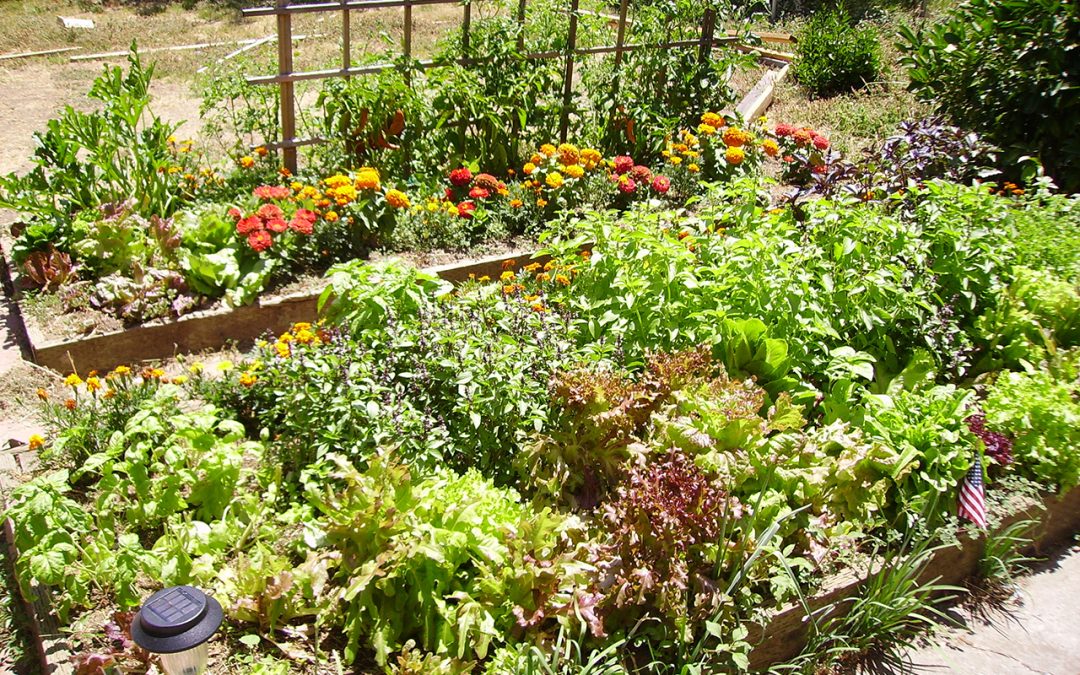As winter starts to wane and the promise of spring fills the air, it’s time to turn our attention to the garden once more. After months of dormancy, your garden is ready to burst back to life with vibrant colors and lush foliage. But before you can enjoy the full beauty of the season, a bit of preparation is in order. Here are some essential tips to help you prepare your garden for spring.
1. Clean Up First When You Prepare Your Garden for Spring
Begin by tidying up your garden beds and borders. Remove any debris such as fallen leaves, dead branches, and weeds that may have accumulated over the winter months. Clearing away this debris will not only make your garden look more appealing but also prevent pests and diseases from taking hold.
2. Prune and Trim
Inspect your shrubs, trees, and perennials for any dead or damaged branches and prune them back as needed. This will encourage healthy growth and help shape the plants for the coming season. Also, trim back any overgrown or unruly foliage to maintain a neat and tidy appearance.
3. Soil Preparation
Good soil is the foundation of a healthy garden, so take the time to assess and prepare your soil before planting. Test the pH level of your soil and amend it as necessary to create the optimal growing conditions for your plants. Incorporating organic matter such as compost or aged manure will also improve soil structure and fertility.
4. Mulching Will Help Prepare Your Garden for Spring
Apply a layer of mulch to your garden beds to help retain moisture, suppress weeds, and regulate soil temperature. Organic mulches such as shredded bark, straw, or compost are ideal choices as they break down over time, enriching the soil with valuable nutrients.
5. Planting
Spring is the perfect time to add new plants to your garden or divide and transplant existing ones. Choose a variety of flowers, shrubs, and vegetables that are well-suited to your climate and growing conditions. Planting in early spring allows roots to establish before the heat of summer arrives, giving your plants the best chance of success.
6. Fertilizing
As your plants begin to emerge from their winter slumber, they will benefit from a boost of nutrients to support healthy growth. Apply a balanced fertilizer according to the specific needs of your plants, taking care not to overfeed, which can cause nutrient imbalances and damage to the roots.
7. Pest and Disease Management
Keep an eye out for signs of pests and diseases as your garden comes to life. Early detection is key to preventing infestations and minimizing damage to your plants. Consider using natural or organic methods of pest control whenever possible to avoid harm to beneficial insects and wildlife.
8. Watering While You Prepare Your Garden for Spring
Proper watering is essential for the health and vitality of your garden, especially as the weather begins to warm up. Water deeply and consistently, allowing the soil to dry out slightly between waterings to encourage strong root growth. Consider installing a drip irrigation system or soaker hoses to deliver water directly to the roots and minimize waste.
By following these essential tips, you can ensure that your garden is primed and ready to thrive this spring. With a little bit of preparation and care, you’ll be rewarded with a bountiful harvest of flowers, fruits, and vegetables, and a beautiful outdoor sanctuary to enjoy throughout the season. So roll up your sleeves, dig in the dirt, and let the magic of spring transform your garden into a flourishing paradise.
Gardening FAQs
What are some easy vegetables to grow for beginners?
- Tomatoes
- Lettuce
- Radishes
- Green beans
- Zucchini
- Carrots
How can I extend the growing season for my vegetable garden?
- Use row covers or cold frames to protect plants from frost in the early spring and late fall.
- Plant cold-hardy vegetables that can withstand cooler temperatures.
- Consider using containers or raised beds that can be moved indoors or to a sheltered location during cold weather.

